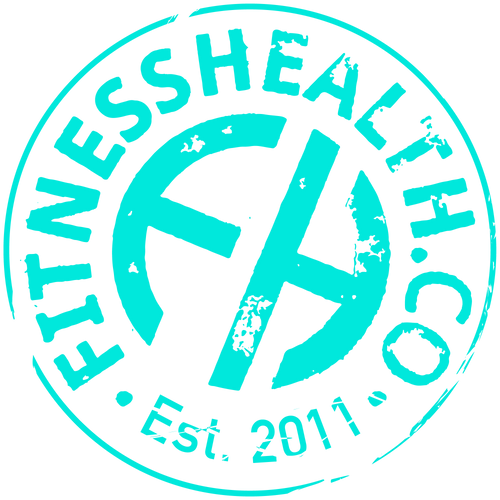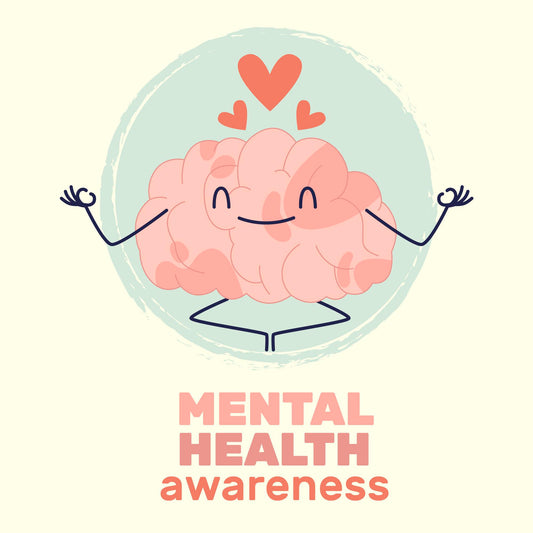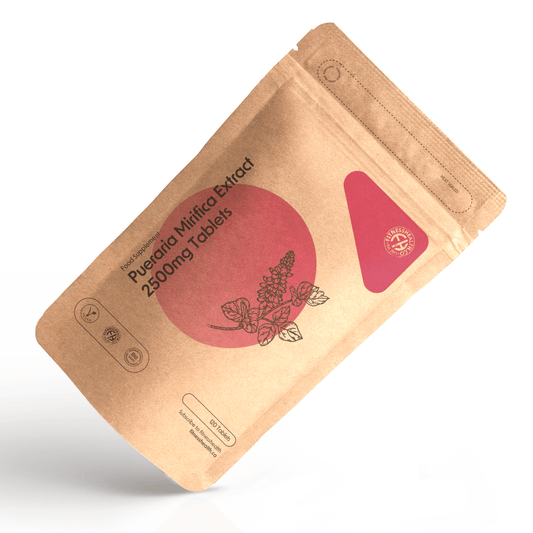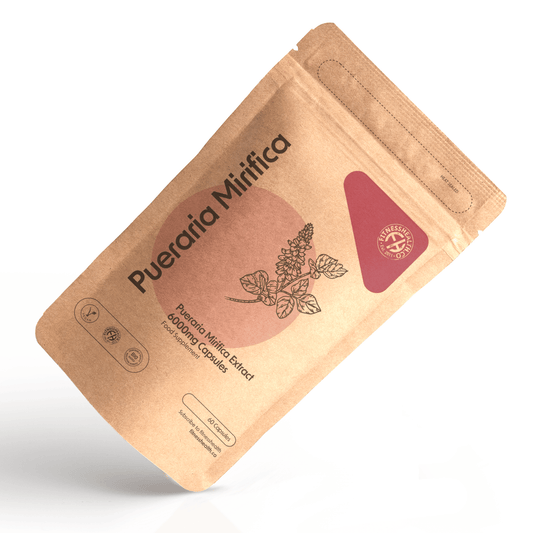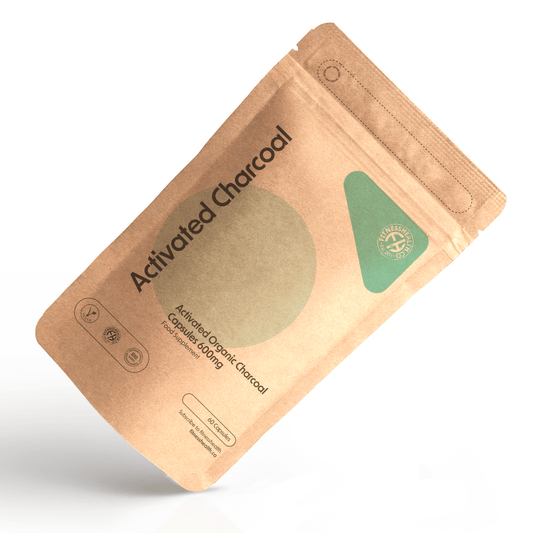
If you’re watching your weight, it is likely that you’re eating a lot of low-calorie and low-fat food. While it is great that you’re working to lower your body mass in the name of health, you may be doing yourself more harm than good if you’re consuming one major diet ingredient that is in most “health foods.” What ingredient is that? Aspartame.
What is Aspartame?
Aspartame is an artificial sweetener found in a number of low-fat and low-calorie foods to reduce the amount of sugar they contain. It comes by many names such as NutraSweet, Equal, saccharin, and more. Although it may seem like a sugar substitute is the way to go if your goal is weight loss, aspartame isn’t as healthy for you as what was once thought.
Why Aspartame is So Dangerous
Numerous studies point to several negative side effects of aspartame consumption, both physical to emotional. For instance, some biological side effects include blindness, dizziness, heart palpitations, nausea, menstrual changes, and thinning hair. Mental effects of aspartame include depression, aggression, anxiety, and irritability, just to name a few.
In fact, Dr. Janet Hull, a practitioner who holds a Doctorate in Nutrition and is a licensed Certified Nutritionist, has an entire website devoted to an Aspartame Detox Program she created due to the dangerous effects (92 in all) that she has found with her clients.
What Foods Are Rich with Aspartame?
So, which foods should you avoid if you want to cut aspartame out of your diet or, at a minimum, limit it? To start, most any diet or low-fat snack or dessert is going to have it, so you’re better off sticking with unprocessed proteins, fruits, and veggies. Also, if you buy a lot of sugar-free products, it is likely that you’re consuming a lot of aspartame then too.
As far as beverages go, any diet soda or low-calorie sweet drink probably has it in it, as well. Start reading labels and you might be surprised how many foods and drinks it is in. It’s the one way to control your intake because then you’ll know how much you’re getting (or not getting)!
